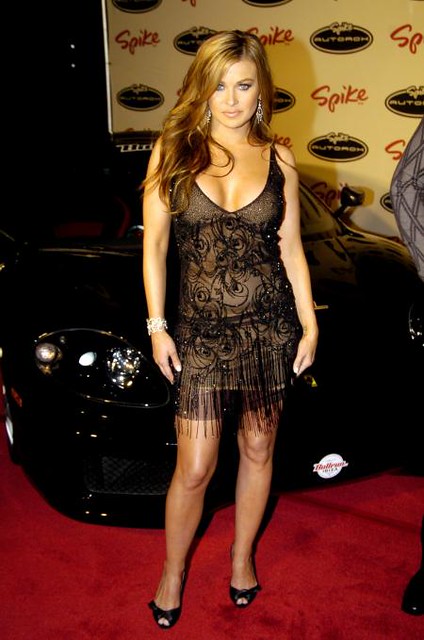We have written before about the use of pseudonyms by different groups. here are some "stage names" used by actors and directors.
 |
| Natalie |
Natalie Portman is a dual Israeli and American citizen who used her grandmother’s maiden name as a surname rather than her birth name, Herschlag.
Demi Moore's real name is Demetria Guynes. She must be into pseudonyms because two of her exes used them too. Bruce Willis was born as Walter Willis and Ashton was born with the name Christopher Kutcher.
Albert Brooks chose that name although I doubt that any of us would confuse him with his real name twin: Albert Einstein.
Actress Meg Ryan went for shortening her real name of Margaret Mary Emily Anne Hyra.
Natalie Wood, probably under pressure from a film studio, Americanized her given name: Natalia Nikolaevna Zakharenko. Born to Russian immigration parents, the change was not unusual at the time. Another Hollywood namechanger was the Swedish Greta Lovisa Gustafsson, better known as Greta Garbo.
Woody Allen did a switch from his original Allen Konigsberg.
Comedian Louis C.K.'s real name is Louis Szekely which is really just just an easier way to say his actual last name, which is pronounced “See-kay.”
Joaquin Phoenix's real name is Joaquin Rafael Bottom.
Chevy Chase rejected his given name of Cornelius Crane Chase. Though I have read that the actor got his name from his grandmother who liked the traditional English song “The Ballad of Chevy Chase.” I always suspected that it had something to do with the city Chevy Chase in Maryland.
Rather than shorten her first name, Tina Fey shortened her middle name: Elizabeth Stamatina Fey. But she did get to name her
30 Rock character Liz.
 |
| Ben |
Ben Kingsley, perhaps best known for playing Gandhi, was born, like Barack Obama, to a white mother and Kenyan father of Indian Muslim descent. His birth name is Krishna Pandit Bhanji.
Actress Olivia Wilde started with the name Olivia Jane Cockburn, but dropped that tough to deal with last name that suggest to the mean kids "penis."
Actor Alan Alda seems to have gone pretty far away from his given name of Alphonso d’Abruzzo, but he came up with that surname by putting together the first two letters of his first and last name. AL + DA.
Portia De Rossi had a rather simple name, Amanda Lee Rogers, and went the other way by making it sound more exotic.
Diane Keaton's real name is Diane Hall. She grabbed the last name from the famous silent movie comedian Buster Keaton and her then-boyfriend and director Woody Allen used her real last name for her eponymous character in
Annie Hall.
Michael Caine was born with Maurice Micklewhite, but opted to use as his last name Humphrey Bogart’s character in
The Caine Mutiny.
Larry King was born to an Austrian father and mother from Belarus, both of whom were Orthodox Jews who named their baby Lawrence Harvey Zeigler.
Whoopi Goldberg started as Caryn Johnson but on the advice of her mother who said to take a Jewish last name believing that it would help her comedy career if people thought she was Jewish. I'm not sure that explains the Whoopi part.
Wrestler and sometime actor Hulk Hogan chose not to use his not very threatening real name: Terry Jean Bollette.
1950s/60s actor heartthrob Rock Hudson had the un-hearthrobby name Leroy Harold Scherer, Jr.
In the golden days of the Hollywood studio system it was pretty standard to change actor's names.
Joan Crawford started as Lucille LeSueur.
Kirk Douglas wisely was renamed from Issur Danielovitch Demsky.
Cary Grant wouldn't have been Cary Grant if he had stayed with Archibald Alexander Leach.
Fred Astaire was Frederick Austerlitz and his dance partner, Ginger Rogers, was born Virginia Katherine McMath.
Marilyn Monroe was considered a gawky kid when she was Norma Jean Mortensen.
Martin Sheen was Ramon Antonio Gerard Estevez. His son Charlie Sheen was Carlos Estevez, but his brother Emilio Estevez stuck to the original.
Audrey Hepburn was Edda Kathleen van Heemstra Hepburn-Ruston. That was a wise change.
Judy Garland began as Frances Gumm.
 |
| Carmen |
And name changing is still pretty common.
You didn't think Carmen Electra was born with that name, did you? She was the less exciting Tara Patrick.
Madam Secretary star Tea Leoni is a version of her given name of Elizabeth Tea Pantaleoni.
Helen Mirren wisely opted out from Ilyena Lydia Vasilievna Mironov.
The normal-sounding Julianne Moore had the perhaps-too-normal-sounding Julie Anne Smith at birth.
Michael Keaton went with a new surname because his real name, Michael Douglas, was already in use in movies.
Director Spike Lee added some spike to his given name, Shelton Lee.



.jpg/1280px-Hollywood_Sign_(Zuschnitt).jpg)




